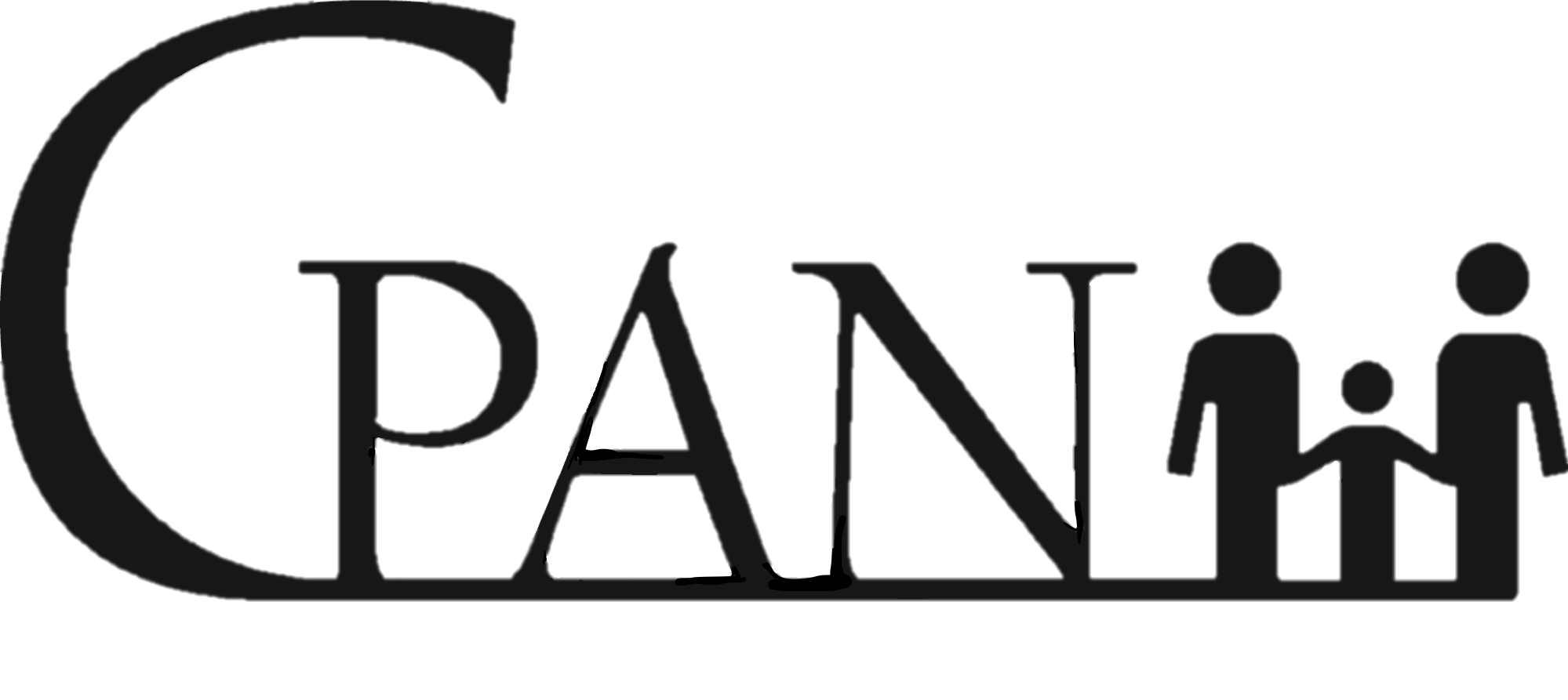CPAN Joins Consumer Organizations Calling on U.S. Treasury to Investigate Auto Insurance Industry’s Unfair, Discriminatory Practices
Despite 2019 reforms, companies serving Michigan still base premium prices on non-driving factors like census blocks and credit information
LANSING, Mich.—(August 12, 2021)—Joining with nearly two dozen other consumer organizations across the country, CPAN has signed on to a letter to the U.S. Department of Treasury’s Federal Insurance Office calling for a deep and thorough investigation of unfair discrimination in auto insurance markets—particularly those markets that include historically underserved communities, such as Detroit.
Michigan law requires drivers to hold auto insurance policies to operate legally. However, these policies are often unaffordable for lower-income drivers due to industry pricing schemes that rely on non-driving, socio-economic characteristics of customers. The result of these discriminatory practices is that low-income and people of color are often penalized with higher premiums and fewer choices in the market.
With insurance comparison website The Zebra recently citing Detroit as having the highest auto insurance premiums in the country, despite one in three residents living below the poverty line, coverage is simply out of reach for many Motor City drivers, said CPAN president Devin Hutchings.
“Even though the auto insurance reforms passed in 2019 were supposed to end tactics like redlining, insurance companies continue to use discriminatory practices to inflate premium prices, particularly for low-income drivers and communities of color,” Hutchings said. “This despite the fact the insurance industry raked in record profits in 2020, even as it fiercely lobbied against efforts that would require insurers to keep their contractual promises to catastrophically injured accident victims.”
Hutchings pointed out that prohibitively high premium prices destabilize safety and add costs to the system for all drivers. For example, in Detroit, where public transit options are limited,
residents still must get to work, the doctor, school, and other essential places on time. So city drivers are often forced to devise insurance work-arounds, like listing their vehicle’s address as one belonging to a friend or family member outside the city limits or driving without any insurance at all.
“Michigan’s no-fault insurance reforms were supposed to lower premiums by addressing the systemic failures brought on by the insurance industry’s discriminatory practices, but they are still rampant and fueling record-breaking profits for the state’s largest insurance companies,” Hutchings said. “Progressive, the state’s top insurer with an 18 percent market share, saw a 43% increase in profits nationwide last year, netting $5.7 billion. State Farm, the second largest with a 16% share of the market, reported 2020 auto insurance underwriting profits that were 50% higher than the decade’s next-best year. It is grossly unfair that these companies are awash in money, yet they still expect low-income Detroit drivers to pay thousands of dollars for car insurance because they live in the ‘wrong’ place.”
The 22 signatories on the letter to the FIO argue that the office should prioritize an immediate update to its 2017 study on the affordability of auto insurance in historically underserved communities, which found that roughly 18 million Americans live in ZIP codes where auto insurance is financially out of reach. They also urged the FIO to collect data about uninsured drivers, analyze insurers’ use of socio-economic factors and non-driving data in auto insurance pricing as well as claims handling and anti-fraud efforts, and test underwriting and rating factors for disparate impacts on communities of color.
The letter to the FIO can be viewed here. In addition to CPAN, signatories include the Consumer Federation of America, Center for Economic Justice, Center for Justice & Democracy, Consumer Action, Consumer Federation of California, Consumer Reports, Consumers for Auto Reliability and Safety, Demos, Georgia Watch, Latino Action Network, Los Angeles County Department of Consumer and Business Affairs, National Community Reinvestment Coalition, New Yorkers for Responsible Lending, Oregon’s Stop the Debt Trap Alliance, Texas Appleseed, The One Less Foundation, United Policyholders, U.S. Public Internet Research Group, and Vehicles for Change.
###
CPAN is a broad bi-partisan, Michigan based coalition, whose mission is to be the consumer advocate for auto insurance policyholders, those who have been injured in a motor vehicle crash and the medical providers caring for them, representing them at the Capitol, in the courts, and in the public forum. For more information, please visit www.CPAN.us
